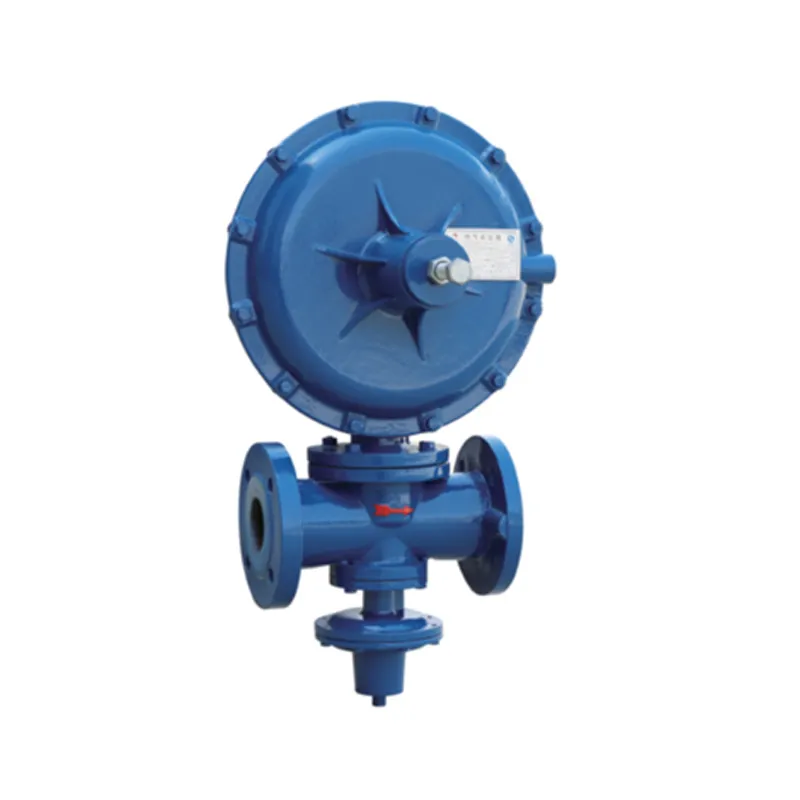
10 月 . 05, 2024 14:39
Back to list
Choosing the Right Electric Heater for Your Home This Winter Season
Understanding Electric Heaters Efficiency, Types, and Benefits
As temperatures drop during the colder months, maintaining a comfortable indoor environment becomes a priority. Electric heaters have emerged as a popular choice for heating homes due to their efficiency, convenience, and versatility. Understanding the different types of electric heaters, along with their benefits, can help consumers make informed decisions tailored to their heating needs.
Types of Electric Heaters
Electric heaters can be categorized into several types, each designed to meet specific heating requirements. The most common types include
1. Convection Heaters These heaters warm the air in a room by passing it over a heated surface. As the air heats up, it rises and circulates back down, creating a uniform temperature. Convection heaters are ideal for maintaining a consistent warmth in larger spaces.
2. Radiant Heaters Unlike convection heaters, radiant heaters warm objects and people directly in their line of sight. This is achieved through infrared technology, which emits heat waves. Radiant heaters are perfect for spot heating in smaller areas, such as a cozy corner or a home office.
3. Fan-forced Heaters These heaters use a fan to distribute warm air throughout a room quickly. The fan circulates heated air, providing rapid warmth and making them ideal for spaces that need to be heated quickly.
4. Baseboard Heaters Typically installed along the base of walls, these units use convection to warm a room gradually. They are efficient and unobtrusive, making them suitable for various room styles.
5. Portable Electric Heaters These versatile heaters can be easily moved from one room to another, allowing for customized heating solutions. Most types of electric heaters come in portable models, making them a flexible choice for homes with varying heating needs.
electric heaters

Benefits of Electric Heaters
Electric heaters present numerous advantages that make them appealing to homeowners
1. Ease of Use Electric heaters are incredibly user-friendly. Most models come with simple controls, making it easy to adjust temperature settings. Many also feature remote controls or timers for added convenience.
2. Efficiency Electric heaters convert nearly all the electrical energy they consume into heat. Unlike fossil fuel-based heating systems, which can waste energy, electric heating can achieve near 100% efficiency.
3. Safety Modern electric heaters are designed with safety features such as overheat protection, tip-over switches, and automatic shutoff mechanisms, reducing the risk of accidents in the home.
4. Environmentally Friendly Options Many electric heaters can be powered by renewable energy sources such as solar or wind, making them a more environmentally responsible choice for heating compared to traditional fossil fuels.
5. Cost-Effectiveness While the initial investment might seem high for some electric heaters, their low operating costs, combined with their ability to heat only the spaces that need it, can be economical in the long run.
In conclusion, electric heaters offer a plethora of options tailored to different heating needs, making them an excellent choice for many households. With their ease of use, efficiency, and safety features, electric heaters provide reliable warmth during the cold months, ensuring that families stay cozy and comfortable. Whether for supplemental heating or a primary source, choosing the right electric heater can significantly impact your indoor comfort during the winter season.
Next:
Latest news
-
Unlocking The Quality Gas Pressure ReducersNewsNov.01,2024
-
The Role of Gas Pressure Reducing StationsNewsNov.01,2024
-
The Importance and Functionality of Safety Relief ValvesNewsNov.01,2024
-
The Essential Role of Safety Valves in Natural Gas ApplicationsNewsNov.01,2024
-
The Essential Role of Gas Pressure RegulatorsNewsNov.01,2024
-
Enhance Your Premium Gas FiltersNewsNov.01,2024

